Positive Leadership: Drawing on the Science of Happiness with Tal Ben-Shahar
On June 10th, EO Members got the opportunity to listen to Tal Ben-Shahar talk about the science of happiness. Ben-Shahar was the professor for the most popular course in Harvard history, Positive Psychology. It was a wonderful opportunity to learn about strategies to maintain mental health while under the many common stresses of being an entrepreneur.
Thank You!
First and foremost we would like to give a massive special thank you to Tal for speaking! You can learn more about his impressive experience and career through these different sites. We would also like to thank all of the EO Members in attendance, we appreciate your time and commitment!
Lesson #1: Permission to be Human
It is part of human nature to be hard on oneself and expect nothing but perfection and happiness all the time. However, this is an unrealistic and unhealthy expectation to have. Anxiety, anger, stress, sadness, and all other types of painful emotions are natural and it is not only ok to feel them but it is good because it is a part of being human.
When you block out these negative emotions, you are also not allowing yourself to experience positive feelings. By accepting, understanding, and dealing with our painful emotions in a healthy way, we will be able to feel happiness much better. If you resist, they persist. If you reject, they grow. Understanding that you are not perfect and giving yourself permission to be human is an important step in your mental health journey.
Lesson #2: Stress is not the problem… but rather lack of recovery
Today’s world is going through a pandemic. Yes, that one too but also a stress pandemic. Studies show that 94% of people ages 18-24 report that they consider themselves stressed and overwhelmed. With COVID, stress levels have never been higher in recorded history. This has led to countries experiencing elevated rates in sickness, suicide, and ruined relationships.
Stress rears its head in many ugly ways, but the issue is not stress itself but rather a lack of recovery. Successful and happy leaders energize themselves with multi-level recovery to avoid becoming overwhelmed and ineffective by stress.
Micro-Recovery refers to short-term breaks ranging between minutes and hours. Small breaks have been proven time and time again to increase efficiency, quality of work, and overall happiness. A great way to implement micro-recovery is by taking a 15-minute break at least once every 2 hours. Small breaks like this allow you to shift from a tense, flight or fight working response to a more relaxed state which is much more effective.
Mezzo-Recovery refers to sleep. Research on the importance of sleep and mental health is widely known and needs no explanation. Getting quality sleep allows you to be much more creative and innovative. In contrast, lack of sleep can tear down your ability to deal with emotions and even daily tasks properly.
Macro-Recovery refers to longer breaks such as vacation. Although very hard to come by in the Entrepreneurship industry, macro-recovery can be much more beneficial than you think. It is during Macro-Recovery where you allow yourself to do what brings you the most happiness. Since this time is scarce, it is imperative to do MEsearch in addition to research. This means that you must find what activities or lack-there-of bring you the most peace.
Lesson #3: Finding Purpose
Tal Ben-Shahar can group any worker into three different categories based on why they work. Do you work as a job, a career, or a calling?
Someone who does their work (regardless of their role in a company) simply to earn a paycheck works as a job. They work because they have to get paid or complete the task on hand, all else does not matter. This type of worker struggles with finding fulfillment and passion in their daily lives. Someone who works as a career finds the most pleasure from moving up. The most important thing to them is their position, job, and what is coming next. Finally, someone who works as a calling does not care about any of the previous factors. They care most about being present and accomplishing goals. People who work as a calling are able to gain happiness while also relieving stress while working.
Perception of reality is often more important than reality itself. Tal gives an example of three janitors, each of which respectively represents a different type of worker. Although they all do the same exact tasks, the janitor who works with the perspective of a calling is able to gain so much more than the others, in both the short-term and long-term.
Ideally, the majority of your work would be a calling with minimal work as a job or career. Every job can be seen from the lens as a job, a career, or a calling. Find the aspects of your work that you see as a calling and focus on accomplishing goals and spending as much time possible in this area since this is where you will be most effective. Remember that what may be trivial, frustrating, or difficult for you is bound to be another person’s calling. By finding people to complement your strengths and weaknesses will allow for an equilibrium where each person works as a calling and gains the most from their work.
Lesson #4: Active Acceptance
Every person goes through very different struggles and problems. Each individual battles with their own variety of negative emotions and problems that may not be the same as others. It is important to practice active acceptance with these faults so you can understand how these emotions effect you specifically.
One great example is the difference between how men and women are more likely to reject different emotions. Although it is impossible and irrational to believe that this analysis is true of all people in each gender, it has been proven that men are more likely to reject fear, whereas women are more likely to reject anger. Often times men react and handle fear poorly due to anxiety about proving their manhood and strength. On the other hand, women are more likely to reject anger to avoid coming across as a [mean person].
Understanding how you personally react to certain emotions and practicing acceptance of these traits will make you a much happier and more stable person in the long-run.
Lesson #5: Express Your Feelings
Many times, especially as an Entrepreneur, it may feel like the weight of the world is on your shoulders and yours alone. Sharing emotions, good or bad, in any way, is a key part of dealing with them. It can be very uncomfortable to be vulnerable, but it is part of giving yourself permission to be human.
Communicating with a loved one or someone that you trust has always been the best form of therapy, even in the smallest situations. However, there are more ways to express yourself that can be equally effective. For example, writing in a journal is a great way to put your feelings into words which can help you understand them in a more tangible perspective. Furthermore, the act of actually letting these feelings out is extremely healthy. Another important and effective method of healing is shedding a tear. It is natural to feel intense emotions and crying is the natural human response. By allowing yourself to feel your negative emotions and shed a tear, you are dealing with them and actually producing important hormones that allow you to be happy.
Unlock Your Full Potential as an Entrepreneur
Unlock your potential with the Entrepreneurs' Organization (EO). Immerse yourself in exclusive events with renowned speakers, participate in peer-to-peer mentorship, access high-level executive education programs, and join intimate forums for reciprocal learning and support. Embrace a world of opportunities designed for high-revenue entrepreneurs like you.
Don't wait, join EO today and propel your entrepreneurial journey to new heights!


